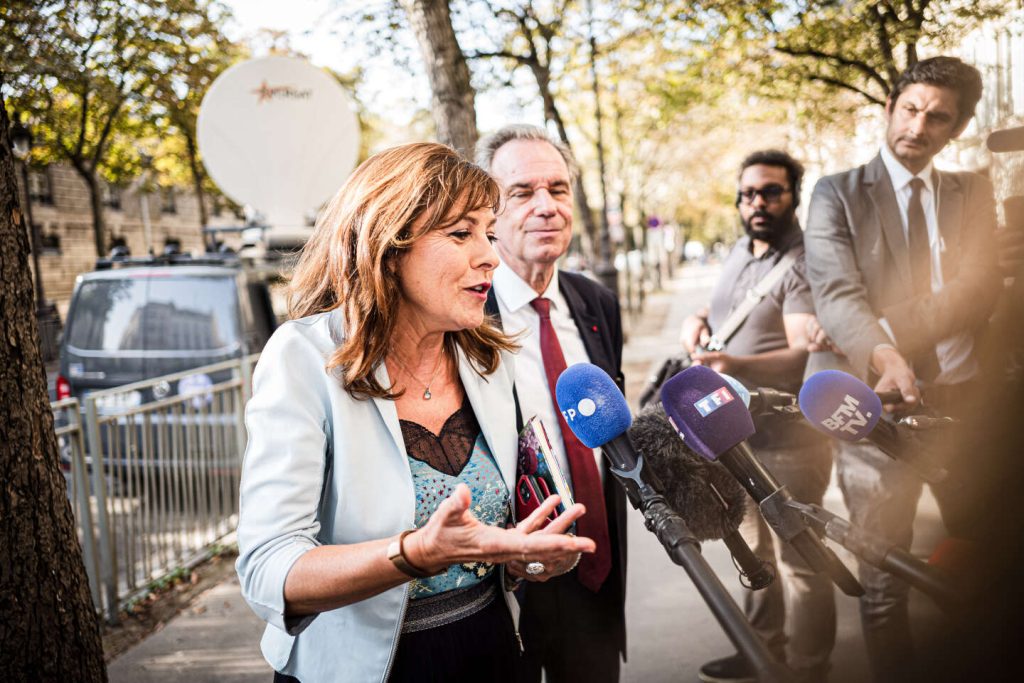In August 2024, Carole Delga, President of the Occitanie Regional Council and President of the Regions of France, along with Renaud Muselier, the delegated president for the regions, spoke to journalists after meeting with the President of the Republic as part of consultations to appoint a new Prime Minister in Paris. Delga emphasized that she was not a candidate for any position and was present at the Élysée Palace because President Emmanuel Macron had requested the input of local officials in the decision-making process. She expressed her belief that Macron had the duty to choose a Prime Minister from the left and advocated for building consensus among various political factions.
Delga, who is a moderate Socialist, cautioned against the disruptive strategy of the far-left party La France insoumise, stating that it was important to engage with other Republican forces to find common ground. She outlined five key priorities for the government, including salary increases and a return to retirement at 62 years old. Renaud Muselier, who was previously a member of the Les Républicains party, described himself as being on the right but aligned with Macron’s vision. This alliance between Delga and Muselier could represent a centrist majority encompassing both Socialists and moderate conservatives that Macron hopes to establish.
Muselier highlighted the importance of finding a compromise in the current political landscape, where centrists hold the majority in the National Assembly rather than the left. He stressed the need to unify the central group and emphasized the importance of collaboration among local elected officials who are accustomed to navigating diverse coalitions. Some political leaders have advocated for including elected officials in the government to bring about a resolution to the crisis, citing their experience in managing varied political alliances.
Several mayors, including Franck Louvrier from La Baule and Christian Estrosi from Nice, have called for the inclusion of prominent local officials in the government, drawing parallels with past governments under De Gaulle and Sarkozy which featured strong participation from local leaders. They argue that economic growth and public investment are driven by the collaboration between the business sector and regional governments, which represent a significant portion of public investment. These calls for a government of local elected officials reflect a broader trend towards coalition-building at the regional level to address political challenges and foster consensus.
As Macron continues his consultations to appoint a new Prime Minister, the role of local elected officials in shaping the future government remains a crucial consideration. The emphasis on compromise and consensus-building among diverse political forces underscores the importance of engaging with local leaders who have experience managing complex political dynamics. The appointment of a Prime Minister representing a broad spectrum of political views may signal a shift towards a more inclusive and collaborative approach to governance in France, as officials seek to navigate the challenges of a rapidly changing political landscape. Ultimately, the involvement of local officials in shaping national policies could be instrumental in addressing the concerns and priorities of diverse communities across France.


